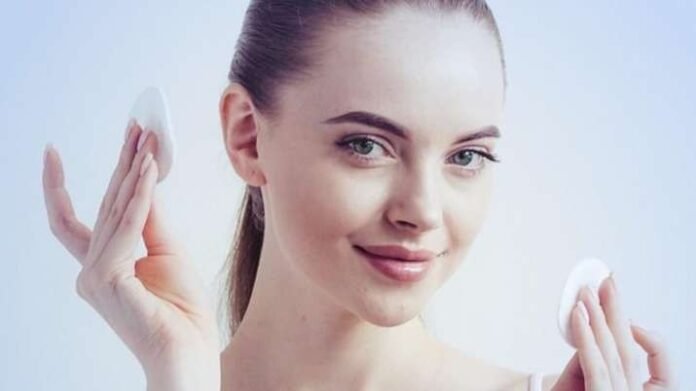Skincare looks different for everyone. Much of it depends on your overall health, the color of your skin, the environment you live in, and plenty of other determining factors. It also changes as you age, with maintenance and health starting to outweigh the importance of looks. Whatever stage of life you are in, caring for your skin is an important habit to have, especially when you start to get older.
As the body declines, the health of your skin becomes more important to invest in. Elderly individuals are susceptible to certain skin conditions that will harm their overall health. Fortunately, there are many skincare routines that you can start now to defend against future skin conditions that you may encounter.
Be aware of certain everyday product ingredients
Some products contain ingredients that are of no benefit to your skin’s health, even if they are meant to help with protection or cleansing in some way. Products like sunscreen and hand soap, while meant to contribute to your health, could have ingredients that are doing you no favors long-term. They may even be taking important natural oils from your skin. Researching to find out which hand soaps or sunscreens have additional healthy nutrients for your skin can improve your skincare and promote long-term health.
Taking long hot showers or baths
This can be a tough one as warm showers and baths are often associated with soothing overworked muscles or painful aches, in the way that a heating pad does. But unfortunately, being exposed to hot water for that long is harmful to your skin. It can get rid of natural body oils that are needed to keep your skin moisturized, leading to more dry skin patches and less protection against invasive bacteria. Turn down the temperature of the water and try not to soak in really warm water for too long, or your skin may end up being damaged. If this is a long-term habit, it is time to switch up how you clean your body and move toward lukewarm water instead. Also, when you are done, try to pat yourself dry, don’t rub the towel vigorously on your skin.
Moisturize
The healthiest skin is well-moisturized. Your skin replaces itself often, as the outer layers shed old skin cells and newer ones are created at an ongoing rate. Some areas of the face, neck, and ears replace themselves even more often than the rest of the body. These areas should be prioritized when it comes to moisturizing practices. Finding the right product for your skin type is very important. Once you have the best moisturizer, applying it directly and frequently to some of those areas will help maintain the health of your skin for a longer period. Allowing skin to remain dry could come back to bite you in the long run, with more skin disorders cropping up as you get older.
Eat the right foods
Foods that are rich in omega-3 fatty acids are especially helpful in caring for your skin, as the natural oils will keep it hydrated and help it perform the function of keeping important elements in the body. Different types of fatty fish are a great source of this nutrient. Additionally, avocados, certain nuts, and various seeds contain important oils as well that improve the health of your skin. Most fruits and vegetables in general are beneficial to your skin’s health as well. The best way to get nutrients is always going to be food and drink as opposed to supplements, so pay attention to your diet and talk with your doctor about the best foods for maintaining your skin as you age.
Avoid long sun exposure
Although the sun can give us a healthy supply of vitamin D, which has many health benefits, it is important to moderate the amount of exposure that you get. As you get older, the sun becomes even more harmful to your skin, so you either need to limit your time of exposure, wear a protective covering, or apply strong sunscreen more often. The sun can cause some debilitating skin disorders, many of which will drastically hurt your overall health and take away your ability to live independently. To give yourself a better chance at avoiding long-term care facilities like nursing homes and their associated risks, take care of your skin by protecting it from the sun.
Find out what your skin needs
Every person is unique, the care needed to preserve their skin’s health may look different from others’ needs. You could always consult with a dermatologist to find out the best ways to care for your skin both now and into the future. Prioritizing skincare may seem like a secondary health issue, but it can be extremely important as you get older and your skin becomes more susceptible to diseases or other challenges. Don’t wait until it is too late to give your skin the best chance at long-term health.

